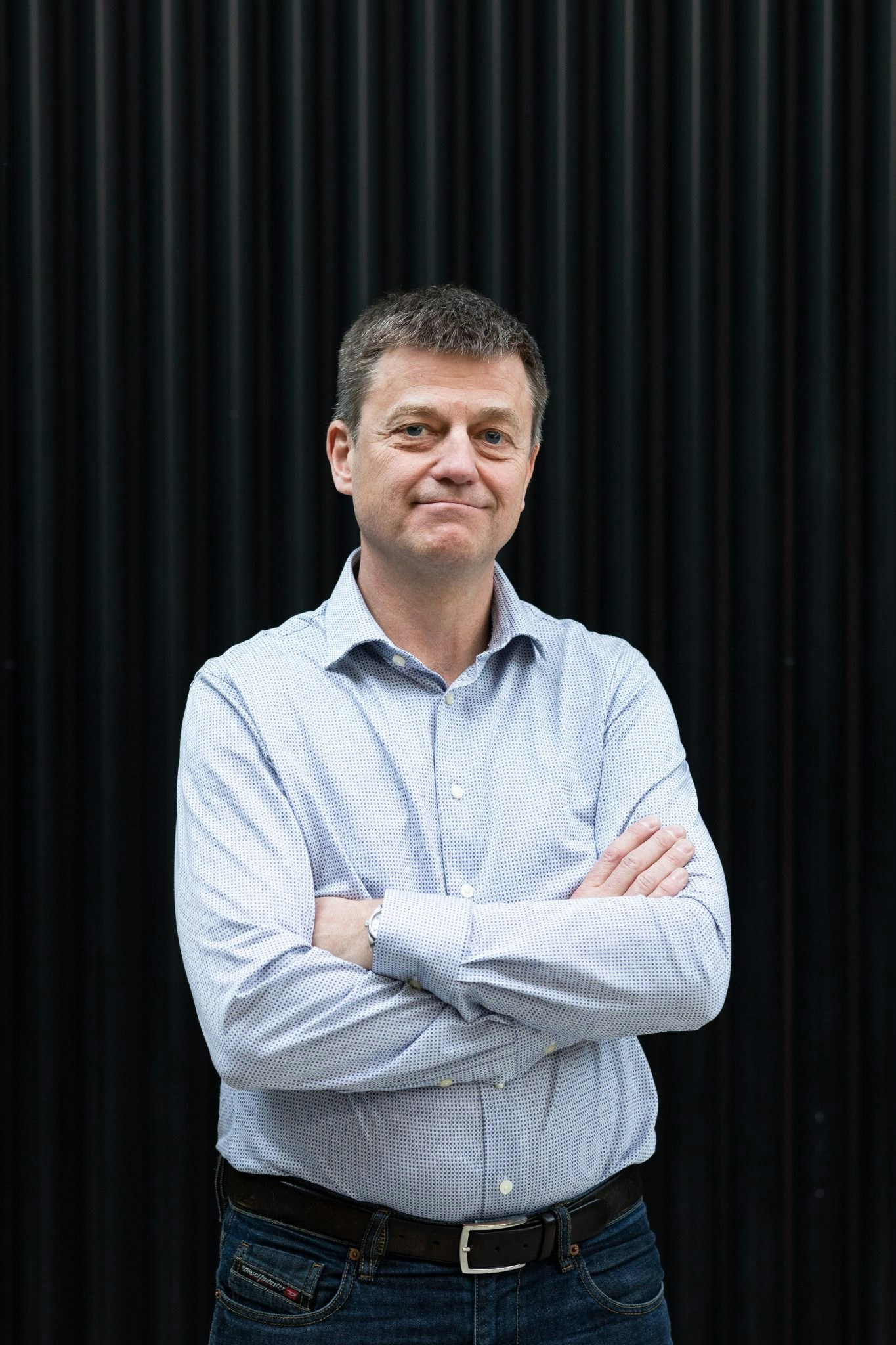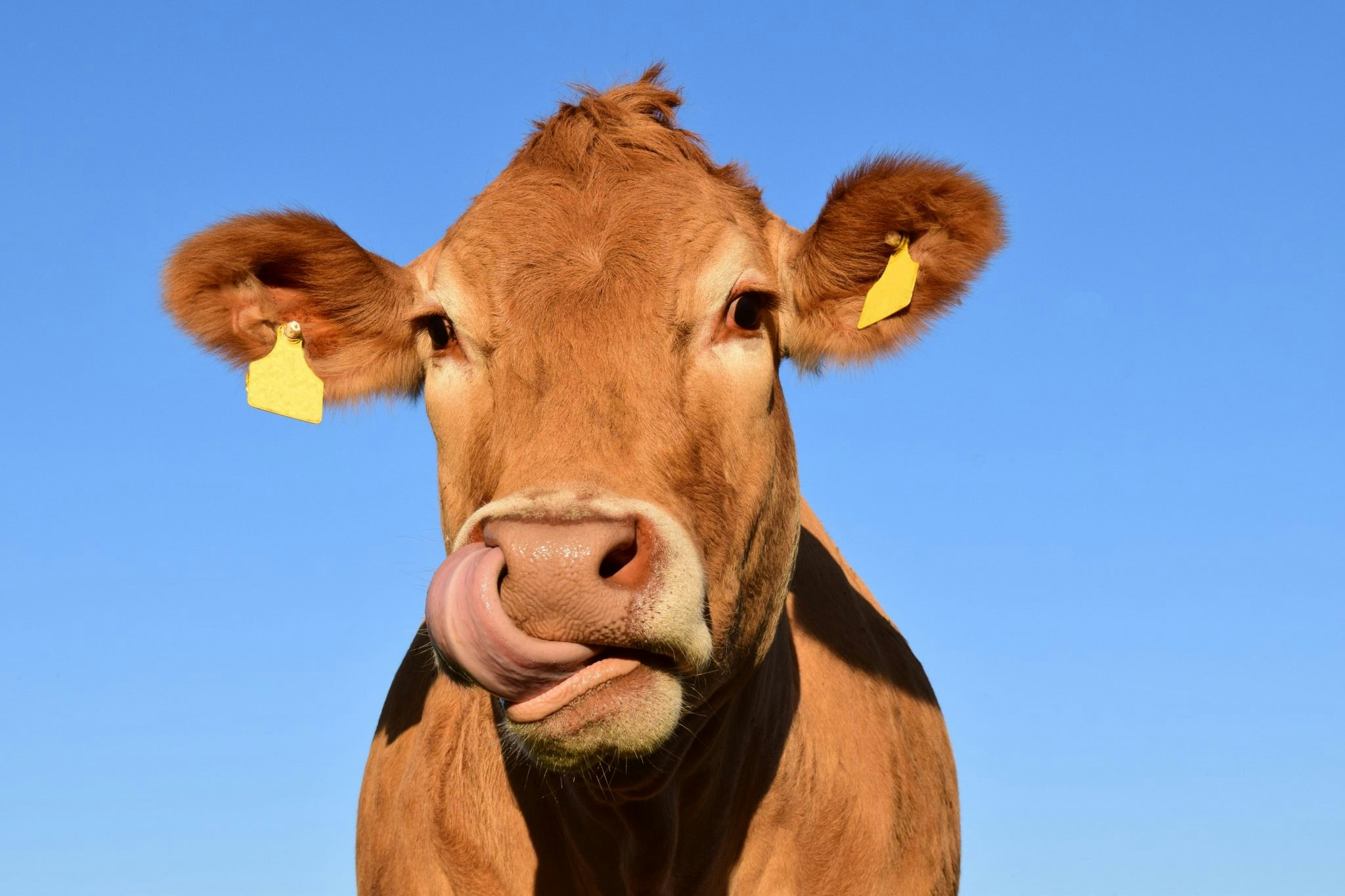European foodtech startups raised $6.3bn in 2022 — down from 2021’s $10.9bn but up from 2020’s $3.2bn.
New innovations are helping the sector pick up momentum. On Startup Europe — The Sifted Podcast, we chatted to three hungry founders.
Proteins made out of CO2
In Austria, biotech Arkeon is using microbes that feed on CO2 instead of sugar to convert the gas into proteins. Where was it found? A volcano.
“Instead of eating sugar, they are feeding on carbon dioxide and that’s the only nutrient source they actually need to convert something like gas into food ingredients, so it’s a pretty crazy organism,” said Dr Gregor Tegl, cofounder and CEO of Arkeon. “Sometimes you have to find and search somewhere where you wouldn’t expect cool things to happen — in that case on the bottom of volcanoes.”
Tegl said Arkeon is collaborating with corporates and other startups focusing on cheese, alternative milks, alternative eggs and beverages. Last December, it raised additional seed funding, bringing its total to more than €10m.
“What’s next? It’s all about scaling,” he said. “We are building out our demo facility. We’re scoping for a commercial scale facility and it’s all about growing and dropping the unit cost of our products.”
Affordable plant-based fish
Inspired by Impossible Foods in the US, Berlin-based Ordinary Seafood is producing plant-based salmon, tuna and shrimp. The difference? It's striving to make it as affordable as real fish.
“We’re already cost competitive, so we’re going for parity,” said Dr Anton Pluschke, the startup’s founder. “I want this to be for ordinary people, I don’t want this to just be for people that can afford it.”
Pluschke said one of the biggest hurdles is different cultures and their view on fresh fish.
“We started in Germany because the fish culture isn’t inherent, broadly speaking from a national perspective, not core to their identity,” he said. “In Switzerland, Austria, that’s similar. The UK is somewhat similar as well, different to potentially Japan or France where the provenance of the food is far more important in the culture and so there’s a bit of a barrier to entry there.”
Legume chocolate
London-based alternative ingredient startup WNWN Food Labs’ first product is chocolate without any cacao. In February, the startup closed a $5.5m seed round.
“Why are we doing such a thing?,” said Ahrum Pak, its CEO. “The world’s cocoa supply and the way it’s produced right now actually means massive amounts of deforestation, huge carbon emissions and unfortunately still uses child and slave labour.”
According to Pak, WNWN’s chocolate will hit the wider mass market later this year. While she said she can’t reveal too much about how it's produced, she said it uses similar equipment to traditional chocolate.
“We focus on using cereals and legumes because they are much more abundant and efficient,” she said. “We do use the power of fermentation to create our chocolate, but we use a lot of the same chocolate making equipment as other industries.”
On this episode of Startup Europe — The Sifted Podcast, we also chatted about:


